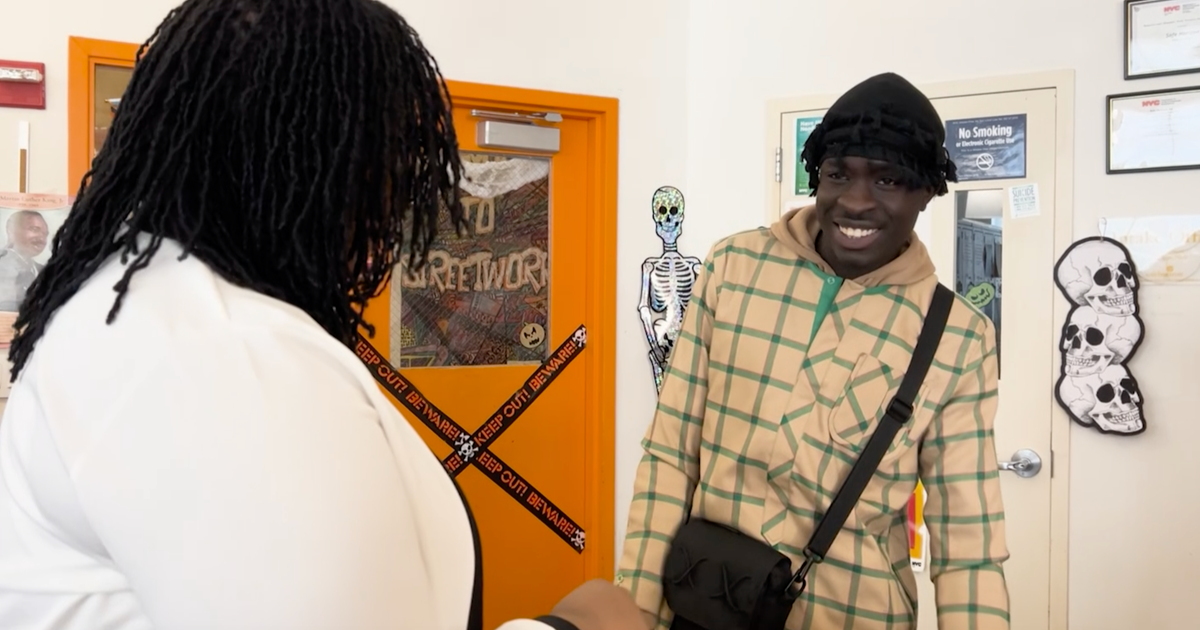Kallas: A Win For The Wilpon/Katz Group In Federal District Court
By Steve Kallas
» More Columns
This past Friday, in federal district court in Manhattan, both sides (Sterling Equities (Wilpon/Katz, etc.) and Bankruptcy Trustee Irving Picard) presented oral arguments before federal judge Jed Rakoff on Sterling's motion to dismiss the $1 billion dollar complaint against them and others.
THE WIN FOR WILPON/KATZ
While you can get into trying to read the tea leaves based on oral argument during the hearing (and we will get to that below), the Wilpon/Katz group, in this writer's opinion, won a big victory by the mere fact that Judge Rakoff has decided to keep the whole trial (if there is a trial, which there probably will be) in federal district court and not in bankruptcy court.
Why is this a big win for Wilpon/Katz? Well, that's easy. Generally speaking, the trustee (in this case, Irving Picard) has kind of a home field advantage when the case remains in the bankruptcy court. As you probably know, the trustee is appointed by the bankruptcy judge, so, obviously, that appointee (again, in this case, Picard) has a leg up in proceedings in the bankruptcy court. Generally speaking, the trustee gets the benefit of the doubt on close calls and even legal standards can be more favorable to the trustee in bankruptcy court.
But, once the reference is withdrawn from bankruptcy court to federal court (legal speak for the case is moved from bankruptcy court to federal district court) AND Judge Rakoff decides to keep the whole case, well, that advantage, whatever it is, is gone.
WHAT ABOUT THAT $700 MILLION PRINCIPAL CLAIM?
The suit is, essentially (and simplistically), made up of two claims. The first is the $700 million claim for principal which is based on the notion that the Wilpon/Katz group "knew or should have known" about the Madoff Ponzi scheme. Believed to be a stretch by many, including this writer, there just doesn't seem to be enough on either the facts or the law to support such a recovery.
Judge Rakoff certainly seems to understand this, casting doubt already on the notion that the Wilpon/Katz group knew or should have known. In fact, it seems "pie in the sky" to believe that they actually knew. Would they have invested money (reportedly low seven figures) on the day that Madoff was arrested if they knew? Would Fred Wilpon have had close friends, family members and others, including the not-very-wealthy Sandy Koufax, invest with Madoff if they knew?
It defies logic.
As for the "should have known," well, the "willful blindness" or "conscious avoidance" standard is a very difficult thing to prove. Some of the evidence submitted by the trustee, especially things like the testimony of Peter Stamos supposedly warning the Wilpon/Katz group about Madoff, was clearly cherry-picked and, when viewed in the context of the entire Stamos deposition, does not support a "should have known" theory, in this writer's opinion.
In addition, the multiple investigations by the SEC, all of which (until after the discovery of the Ponzi scheme) gave Madoff a clean bill of health, bodes well in support of any defense by the Wilpon/Katz group on a "should have known" theory.
After all, how could Wilpon/Katz have been expected to uncover what the powerful Securities and Exchange Commission could not uncover after a number of attempts?
Plus (and this is not to say that it will sway Judge Rakoff's decision), the parties may actually be able to reach a settlement if this larger claim is no longer in the picture.
WHAT ABOUT THAT $300 MILLION "FICTICIOUS PROFITS" CLAIM?
Well, that's more troubling for the Wilpon/Katz group. While the Wilpon/Katz lawyers (Davis, Polk & Wardwell) maintain that the recent Second Circuit decision approving the trustee's net equity formula (that is, net winners v. net losers with the Wilpon/Katz group being a $300 million net winner) has nothing to do with Wilpon/Katz, the reality is that the decision may drastically hurt the Wilpon/Katz group on that issue. While this writer has stated that the general six-year look back period in a bankruptcy may reduce that $300 million claim, the validity of the claim and the amount of the claim still will be litigated in Judge Rakoff's (as opposed to a bankruptcy judge's) courtroom.
SO, WHAT HAPPENS NEXT?
Judge Rakoff stated on Friday that he will make a decision on the motion to dismiss the case by late September. He also set a trial date for March 2012, he said just to have room on his calendar for it if necessary.
Barring a settlement, it says here that there will be a trial on some aspects (mainly the "fictitious profits" aspect) of this case next year.
We will have to wait until late September to find out which aspects (if any).
Weigh in on the ruling in the comments below.



